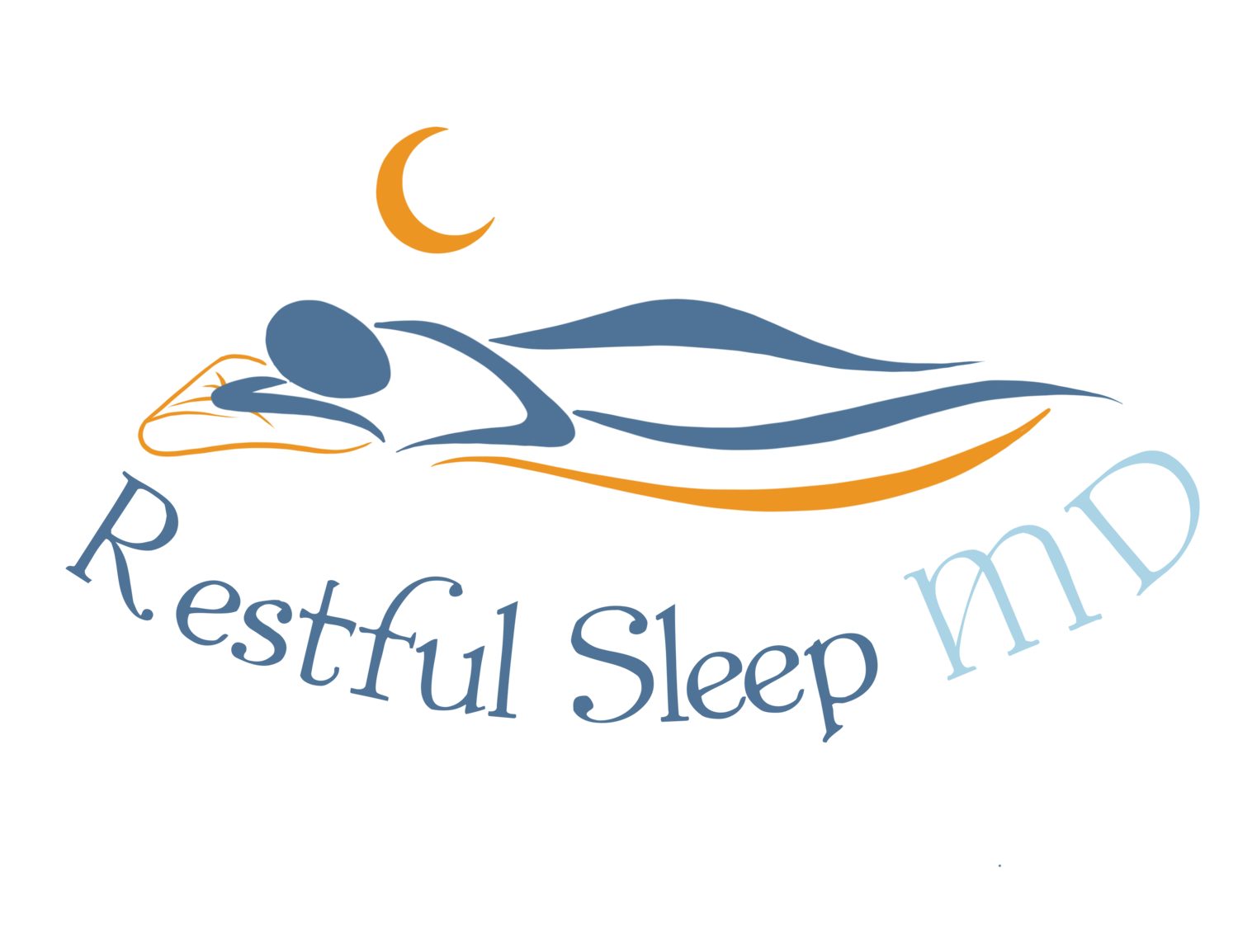Revitalizing Your Day: Practical Strategies for Bouncing Back After a Rough Night's Sleep
We've all experienced those challenging nights where rest seems elusive, and the morning greets us with fatigue rather than vigor. As a sleep doctor who has navigated the personal hurdles of insomnia and sleep deprivation, I get it. I know what it’s like to struggle through your day after a night of restless sleep. In the following blog post, I compiled some practical tips—inspired by both my expertise and personal experience—aimed at helping you recover after enduring a less-than-optimal night's rest.
Resist the Urge to Oversleep
It's an undeniable temptation – the urge to hit the snooze button is hard to overcome. The fatigue weighs heavy, and the prospect of stealing a few more moments of rest can be tempting. However, yielding to this urge may interrupt your sleep schedule by disrupting your circadian rhythms. Oversleeping after a problematic night can create a vicious cycle, making it more challenging to drift off at the right time the subsequent night. Allow your body to recalibrate by getting up at your typical wake-up time. This will improve your sleep drive for better sleep the following night.
Stay Hydrated
Have you ever wondered why you feel extra drained after a lousy night's sleep? Well, dehydration might be contributing to your fatigue. We experience some insensible water losses while sleeping, through sweating, breathing, and evaporation. After a poor night of sleep, symptoms of dehydration are more prominent, and tiredness is even more noticeable. The fix? Just make sure you're sipping water all day long. It helps remove that exhausted feeling, especially when you've had a rough night. Keep a glass of water close by. It's a simple way to kick dehydration to the curb and give your energy levels a little boost.
Seek Natural Light
Embracing natural light can significantly impact your energy levels. It plays a crucial role in regulating your circadian rhythm and boosting alertness. To integrate this into your routine, spend time outdoors or position yourself near windows, particularly in the morning. The practical exposure to natural light invigorates your body and sets the tone for a more energized day. Whether taking a walk or having your morning coffee by a well-lit window, incorporating natural light into your daily environment can make a tangible difference in your overall mood and energy after a night or poor sleep.
Engage in Physical Activity
Balancing physical activity is key after a night of poor sleep. While you might feel the temptation to avoid any strenuous activity in an effort to conserve your energy, introducing light exercises into your routine can effectively elevate your energy levels. Simple activities like a brisk walk, gentle stretches, or a bit of yoga can contribute to increased alertness and mood. Timing matters, too—aim to incorporate physical activity earlier in the day to get the benefits without interfering with your nighttime sleep. This approach not only ensures that you reap the energizing effects of exercise but also promotes a healthy sleep-wake cycle.
Limit Caffeine Intake
Bouncing back from a night of restless sleep involves more than just reaching for a cup of coffee. Even though it feels like the best energy booster, you need to tread carefully with caffeine, considering its potential impact on your sleep cycle. Moderation is key—limit its consumption, especially as the day progresses, to avoid disruptions to your sleep. Instead, explore natural methods to kickstart your alertness, like taking a moment to step outside and breathe in some fresh air or adding light physical activity into your routine. By opting for these gentler approaches, you not only sidestep the effects of excessive caffeine but also have a more balanced recovery after a less-than-optimal sleep.
Take a Short Nap
Use naps strategically for a quick energy boost when needed. A power nap can be a game-changer in your sleep recovery toolkit. Timing and duration are critical. Keeping it brief, around 10-20 minutes, will maximize the benefits while avoiding grogginess. Opt for an early-day nap to prevent any potential interference with your nighttime sleep. Consider these short bursts of rest as a strategic energy boost, and use them as needed.
Recovering from a bad night of sleep is possible with the right strategies. By resisting the urge to oversleep, staying hydrated, seeking natural light, engaging in physical activity, limiting caffeine intake, and incorporating short naps, you can set yourself up for success despite a challenging night. If poor sleep becomes a persistent issue, seeking professional guidance is crucial to address potential underlying causes and promote long-term sleep health. Remember, quality sleep is a superpower, and taking proactive steps can significantly improve your overall well-being.
Interested in additional sleep support? Learn more about Sleep Coaching and our Private Practice The Restful Sleep Place.


